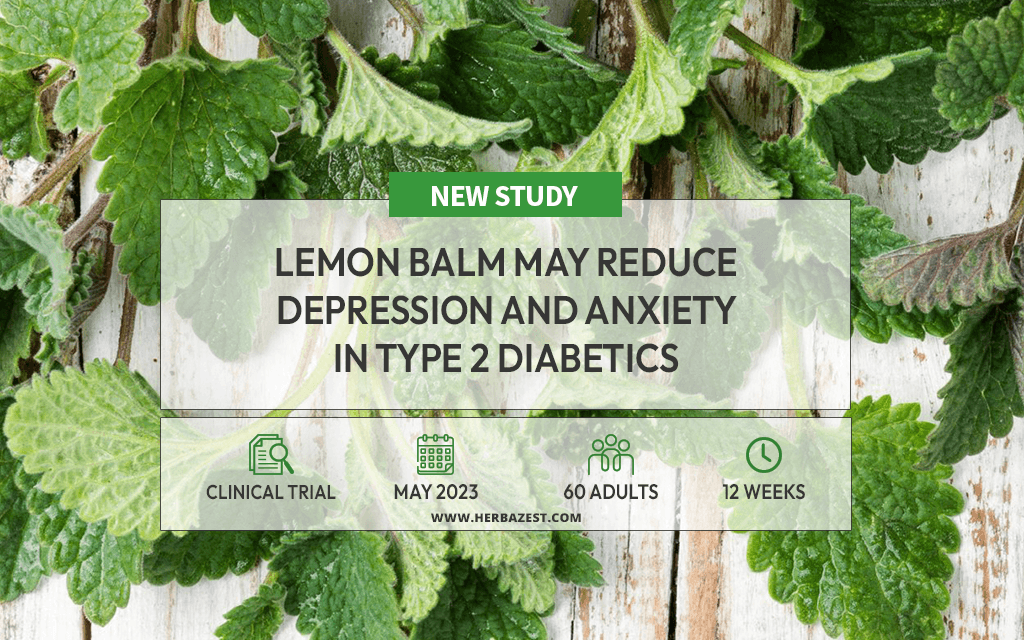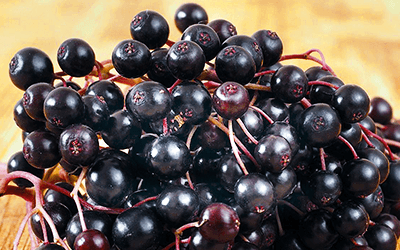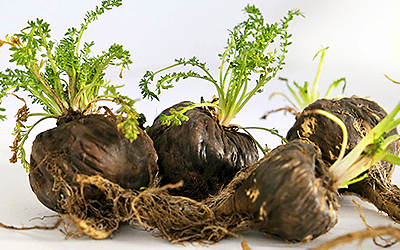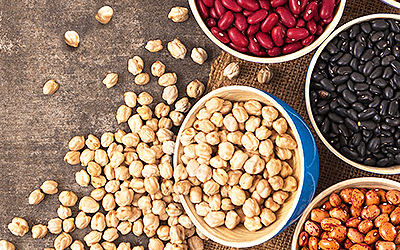Globally, millions of people struggle with anxiety and depression, and for those with diabetes, the stakes are even higher. The emotional toll of managing a chronic illness, coupled with the physical demands of the disease, often leads to a vicious cycle where anxiety and depression worsen the very condition they are trying to control.
In this context, many diabetics find themselves caught between the need to manage their mental health and the fear of additional side effects from conventional treatments. This has led to a growing interest in natural remedies and complementary therapies that might offer a more holistic approach. One such remedy that has been gaining attention is lemon balm (Melissa officinalis), an herb traditionally known for its calming effects.
The Study
This randomized, double-blind clinical trial was conducted to determine whether lemon balm can help alleviate the anxiety and depression in diabetics. It involved 60 participants with type 2 diabetes and depressive symptoms, who were randomly assigned to either the intervention group or the control group.
Over a period of 12 weeks, participants in the intervention group received 350 mg of lemon balm extract twice daily, while those in the control group received placebo capsules containing toasted flour.
Researchers primarily measured the severity of depression and anxiety. They also monitored sleep quality, the levels of inflammation markers, fasting blood sugar, blood pressure, and anthropometric measurements. They published their results in the 2023 edition of the BMC Complementary Medicine and Therapies journal.
The Results
Participants in the lemon balm group experienced significant reductions in depression and anxiety scores in comparison to those in the placebo group.
While previous studies indicated that lemon balm may impact inflammation, there were no statistically notable reductions in the levels of the measured inflammation marker, hs-CRP, in this trial.
Also, treatment did not cause substantial changes in other measured parameters, such as sleep quality, fasting blood, and anthropometric measurements. No adverse effects were reported during the study.
What Does this Mean?
The study provides evidence that lemon balm can help reduce depression and anxiety symptoms in patients with type 2 diabetes when used as an adjunctive treatment. It also supports the notion that incorporating complementary therapies like lemon balm could enhance the management of depression and anxiety without the side effects of conventional antidepressants.
While they align with previous research indicating the anxiolytic and antidepressant properties of lemon balm, more studies are still needed to further explore these benefits.1
Other herbs that are known for their beneficial effects on mental health include St. John's wort, ashwagandha, and valerian.
Sources
- BMC Complementary Medicine and Therapies, The effects of melissa officinalis on depression and anxiety in type 2 diabetes patients with depression: a randomized double-blinded placebo-controlled clinical trial, 2023
Footnotes:
- Phytotherapy Research. (2021). The effects of lemon balm (Melissa officinalis L.) on depression and anxiety in clinical trials: A systematic review and meta-analysis. Retrieved August 20, 2024, from https://pubmed.ncbi.nlm.nih.gov/34449930/




